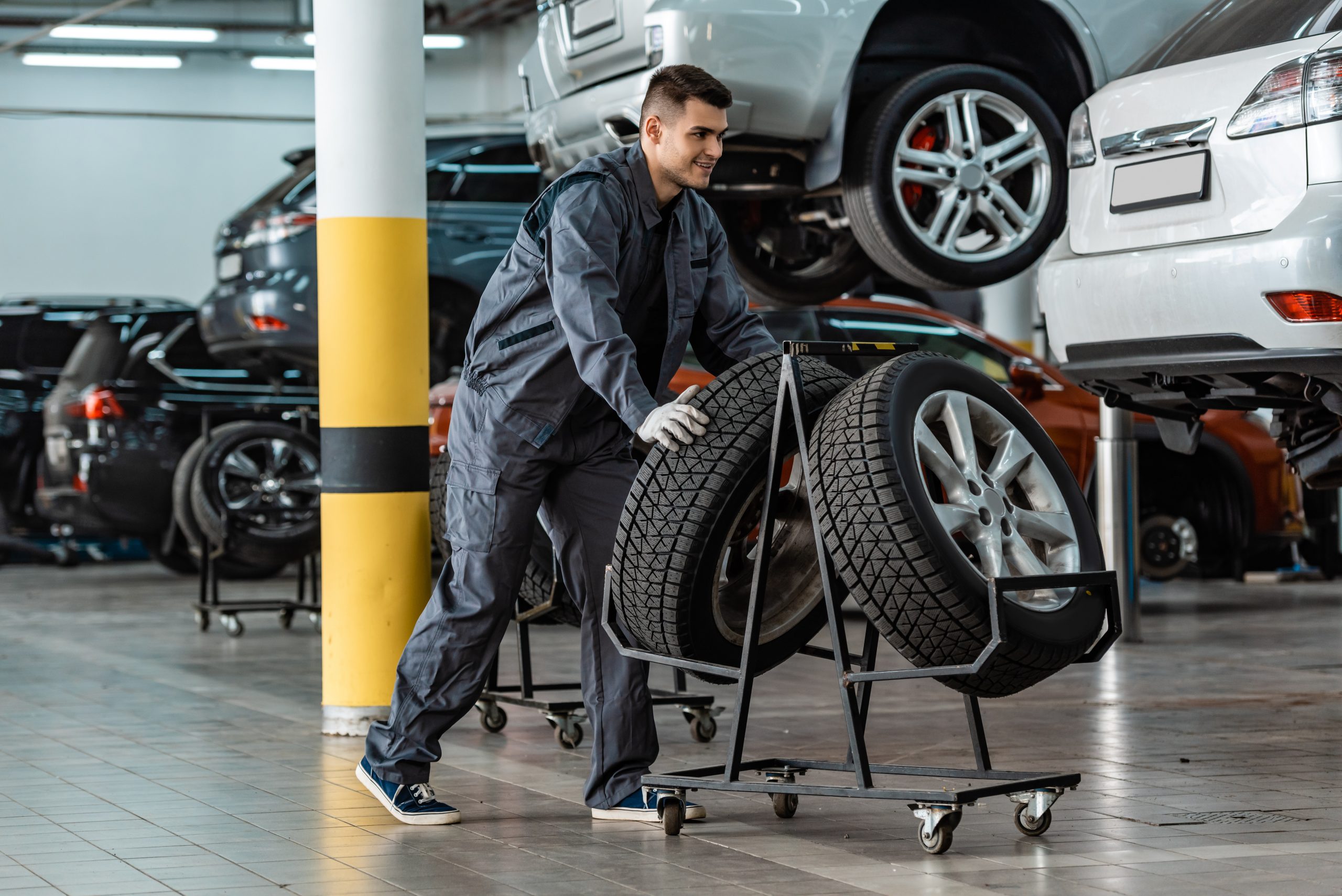The Environmental Advantages of Proper Tire Upkeep
Maintaining appropriate tire treatment is frequently overlooked, yet its effect on the setting is profound. Correct tire maintenance not just expands the life expectancy of tires but additionally reduces land fill waste and contributes to improved air top quality.
Minimized Fuel Usage
Improving tire upkeep practices can lead to a considerable reduction in gas intake for lorries. According to the United State Division of Power, underinflated tires can decrease gas mileage by 0.2% for every 1 psi decline in stress in all 4 tires.
In enhancement to tire stress, normal tire rotations and alignments also play an essential function in fuel effectiveness. Erratically used tires can enhance fuel usage as the engine works harder to maintain speed and traction. By maintaining proper positioning and revolving tires at advised periods, drivers can guarantee also extend the life and wear of their tires, eventually conserving fuel and reducing their carbon footprint.
Extended Tire Lifespan
Prolonging the life expectancy of tires is a crucial element of effective vehicle upkeep techniques that can produce expense savings and ecological benefits over time. By properly keeping tires, motorists can dramatically lengthen their functionality, reducing the frequency at which new tires need to be made and old ones disposed of. This not just conserves beneficial sources but likewise minimizes the power and emissions related to tire production and disposal procedures.
Frequently checking tire stress, rotating tires, and making sure proper placement are vital steps in prolonging tire lifespan. Appropriate tread deepness is crucial for ideal grip and security, yet it likewise contributes in how lengthy tires can be made use of before needing substitute. Additionally, preventing hostile driving actions that accelerate tire wear, such as extreme stopping and sharp turns, can further enhance tire longevity.
Eventually, enhancing the longevity of tires with proactive maintenance not only benefits the atmosphere by reducing waste and preserving resources yet also causes set you back financial savings for vehicle owners by postponing the demand for brand-new tire purchases.
Reduced Exhausts Output
Effective tire maintenance practices add to a reduction in exhausts outcome, lining up with environmental sustainability goals in the automotive market. By maintaining optimal tire stress degrees, motorists can help reduce these negative ecological effects.
Additionally, properly maintained tires likewise enhance grip and lower rolling resistance, better boosting fuel effectiveness. This, subsequently, lowers the quantity of exhaust gases released right into the environment. Furthermore, guaranteeing tires are correctly blown up and straightened can extend the life-span of the tires, lowering the regularity of tire substitutes and the associated ecological prices of tire manufacturing and disposal.

Reduced Land Fill Waste
Offered the favorable impact of proper tire maintenance on lowering discharges output, one more significant environmental benefit is helpful resources the possibility for reduced land fill waste. They put on out quicker and need to be replaced much more often when tires are not maintained properly. This brings about a greater volume of utilized tires being disposed of in landfills. However, by ensuring that tires are appropriately pumped up, aligned, well balanced, and rotated on a regular basis, their life-span can be considerably expanded. This suggests that fewer tires finish up in garbage dumps, reducing the quantity of non-biodegradable waste in these already overflowing sites.

Improved Air Top Quality
Enhancing air quality via correct tire upkeep practices is a crucial facet of lasting ecological stewardship. When tires are underinflated, they create more moving resistance, causing raised fuel intake and greater exhausts of hazardous contaminants such as carbon monoxide gas and nitrogen oxides. Appropriately inflated tires not only enhance fuel efficiency however additionally lower the amount of contaminants launched into the go to this website air.
Moreover, well-kept tires with proper tread depth and positioning contribute to much safer motoring problems, minimizing the chance of crashes that can cause the launch of additional toxins into the environment. By expanding the life-span of tires through routine upkeep and turning, fewer tires are disposed of too soon, decreasing the ecological impact of tire disposal and manufacturing processes.
Verdict
In final thought, proper tire upkeep uses numerous environmental advantages. By lowering gas intake, expanding tire lifespan, decreasing exhausts output, reducing landfill waste, and enhancing air top quality, individuals can contribute to a healthier world. These efforts not only profit the setting yet likewise aid to save sources and minimize general environmental influence. It is necessary for individuals to prioritize tire maintenance as an easy yet reliable method to safeguard the setting for future generations.
Appropriate tire upkeep not just extends the life-span of tires however also lowers garbage dump waste and contributes to enhanced air quality - tire shop near me. By preserving correct positioning and rotating tires at suggested intervals, vehicle drivers can make certain even wear and lengthen the life of their tires, ultimately conserving fuel and lowering their carbon footprint
By effectively preserving tires, drivers can dramatically extend their usability, lowering the frequency at which new tires require to be produced and old ones disposed of.On a regular basis inspecting tire pressure, turning tires, and making certain correct positioning are necessary steps in prolonging tire lifespan. Additionally, guaranteeing tires are appropriately inflated and aligned can prolong the life-span of the tires, minimizing the frequency of tire replacements and the connected environmental costs of tire manufacturing and disposal.